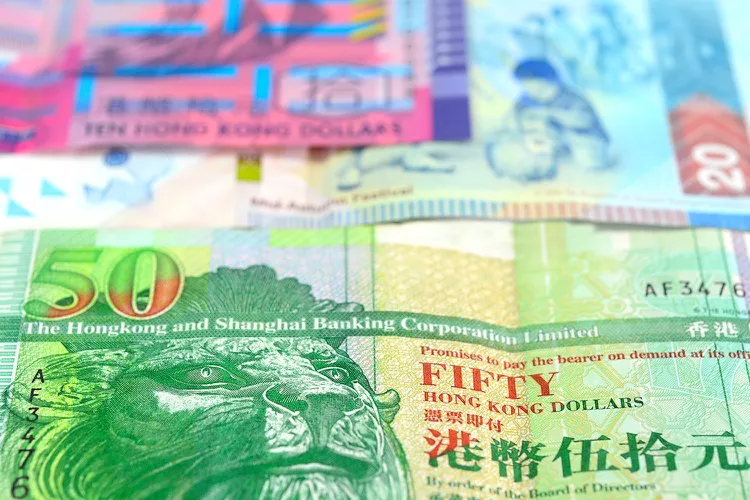Currency in Hong Kong: A Comprehensive Overview
1. Importance of the Hong Kong Dollar
Despite the shift in allegiances from the UK to mainland China, the Hong Kong dollar (HKD) remains a robust currency, and it is likely to retain its significance for the foreseeable future. Moreover, while Hong Kong is officially part of China, its currency is distinct. Therefore, it is advisable to convert your currency to Hong Kong dollars rather than switching to the Chinese yuan or renminbi. By doing so, you will receive more value for your exchange, and the entire region accepts this local currency.
A majority of shops, restaurants, and businesses in Hong Kong primarily accept the Hong Kong dollar. Although some establishments utilizing online payment systems, such as AliPay and WeChat Pay, may permit payments in renminbi, these transactions invariably convert to HKD automatically.
It is worth noting that while renminbi or yuan can be accepted in large supermarket chains throughout Hong Kong, the exchange rate is generally unfavorable, trading at a 20% loss compared to Hong Kong dollars. Establishments that accept yuan usually display signage indicating this at their registers or windows.
2. Understanding Chinese Currency
The Chinese currency, referred to as renminbi (RMB), literally translates to “the people’s currency.” Consequently, the terms renminbi and yuan are used interchangeably. When discussing the currency, it is often referred to as “the Chinese yuan,” similar to how individuals mention “the American dollar.”
The distinction between “renminbi” and “yuan” is analogous to that of “sterling” and “pound,” which reference the British currency and its primary unit, respectively.
The yuan acts as the base unit, where one yuan is subdivided into 10 jiao, and each jiao can further be divided into 10 fen. The renminbi has been issued by the People’s Bank of China, the country’s monetary authority, since 1949.

3. Hong Kong’s Economic Relationship with China
Although Hong Kong is officially part of China, it functions politically and economically as a separate entity, and it continues to utilize the Hong Kong dollar as its official currency.
Hong Kong is a peninsula located along China’s southern coast. Historically, Hong Kong was part of mainland China’s territory until 1842 when it transitioned into a British colony. Following the establishment of the People’s Republic of China in 1949, control over the mainland was asserted.
After more than a century of British colonial rule, the People’s Republic of China assumed control of Hong Kong in 1997. This transition inevitably led to exchange-rate disparities.
Following China’s reestablishment of sovereignty over Hong Kong in 1997, Hong Kong became an autonomous administrative territory under the “one country, two systems” principle. This framework permits Hong Kong to maintain its currency, the Hong Kong dollar, along with its central bank, the Hong Kong Monetary Authority, both originating from the British administration era.
4. Value of the Hong Kong Dollar
Over time, the foreign exchange rate regimes for both currencies have evolved. Initially, the Hong Kong dollar was pegged to the British pound in 1935, then transitioned to a free-floating currency in 1972. As of 1983, the Hong Kong dollar was pegged to the U.S. dollar.
The Chinese Yuan was established in 1949 upon the formation of the People’s Republic of China. In 1994, the yuan maintained a peg to the U.S. dollar. However, in 2005, China’s central bank abolished the peg, subsequently allowing the yuan to float within a basket of currencies.
Following the global financial crisis in 2008, the yuan was again pegged to the U.S. dollar to stabilize the economy. Further reforms in 2015 allowed the central bank to reintroduce the yuan as part of a basket of currencies.





